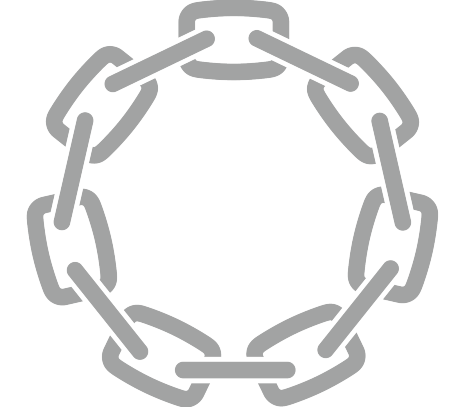Publisert: 15.01.2020
Secondly, we create good collective solutions for all municipalities. Third, KS contributes to raise the digital competence in the workplace and for the citizens. Finally, we contribute to collaboration, coordination and sharing amongst municipalities and stakeholders at question.
Promoting the interests of the municipal sector
The Norwegian central government places digitalisation high on the agenda. In 2019, Norway got its first digitalisation minister. KS’ Executive director for research, innovation and digitalisation, Kristin Weidemann Wieland explains that KS works to ensure that the local governments influence the national decision-making processes, and that it is important that the central and local governments are equal partners. “This means that national strategies and solutions, laws and regulations must be adapted to the needs of the municipal sector. The needs are defined by local governments through various coordinating units” says Wieland.
In collaboration with member representatives, KS also represents the local government sector in many national steering groups and committees, for example the national e-health board. KS also leads the municipal work in multiple development projects initiated by the central government. “Another important case for our sector is to make demands to suppliers so that local governments get more out of every euro they invest in digital services. Together we can initiate, create, buy and implement good collective solutions to ensure a positive digital shift”, says Wieland.
Creating good collective solutions
KS creates schemes that help local governments that want to, to come together and develop safe and effective solutions. This provides citizens and the commercial sector more comprehensive services, thus we avoid that the municipalities develop similar solutions separately. “One example is a financing scheme for joint digital projects (DigiFin). Another example is DigiHelse, which is a service where users and next of kin can communicate digitally with their home care providers through a calendar and communication services offered at Norway’s main health website helsenorge.no. KS has also created an app for social assistance, DigiSos as well as a “mypage” framework and services that municipalities can use”, Wieland continues.
KS develops and manages collective municipal structures, so that systems can talk together across the administrative level. An example of this is the FIKS platform, which among other things enables municipalities to send and receive mail digitally, safely and efficiently. KS also develops architectural frameworks and helps local governments to adopt new digital collective solutions, and facilitate citizens' understanding of digital solutions. Lastly, KS has initiated a program for plain language to improve language for all stakeholders.
Raising digital competence in the workplace and for citizens
Wieland explains that KS works to strengthen the competence of municipal leaders so that they can succeed with digital restructuring. “We offer courses and advice for leaders in digital conversion processes. These courses have been very popular”, she adds.
KS collaborates with labour unions and exchanges experiences and knowledge about digital change. KS also help municipalities to provide citizens with basic digital competence. The online manual “Digihjelpen” is a useful tool with specific tips and advice.
Collaboration, coordination and sharing
KS arranges multiple arenas for collaboration and sharing, such as conferences, meeting places and digital platforms. “One of our most important tasks is to facilitate that local governments share experiences, steal ideas and upscale best practice with one another and stakeholders in question”, says the executive director.
KS’ goal is to contribute to better coordination between local governments on digitisation, and to establish or expand good collaboration clusters regionally. Regional clusters will develop competence and sharing of experience, in addition to broadening and scaling good solutions.
“The potential is enormous if we succeed on utilising the resources we have in our local governments for the national work. Resources in local governments are close to services and have the experience that can make new solutions succeed in practice. We in KS will do everything we can to forward this knowledge and experience nationally and globally”, Wieland finishes.
For questions, please contact Ph: +47 24132600 or e-mail us.

